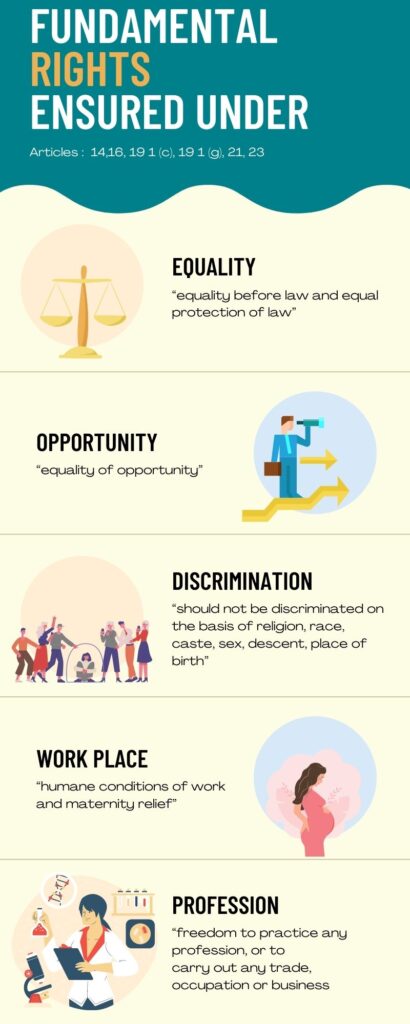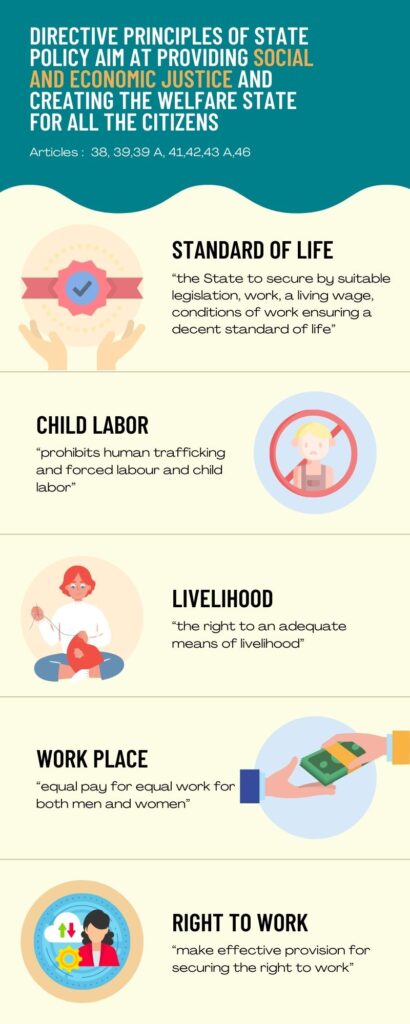Labour Laws or Employment Laws are the thread that keeps all the stakeholders in trade and commerce aligning the collective interest and protecting all of them. They define the rights and obligations of workers, union members, and employers in the workplace and empower the parties to exercise their respective constitutional rights, enabling accountability for their violative actions.

This is a concurrent subject in the Constitution of India implying that both the Union and the State governments are competent to legislate on labour matters and administer the same. The Constitution serves as the foundation for all Indian legislation, including labour laws. To protect the employees and employers and their interests, the articles of the Constitution not only offer fundamental rights to both parties but also impose specific obligations on them. Labour Laws, therefore, are governed by the provisions of the Constitution of India protecting the life, liberty, and interests of both employees and employers.
It’s a misconception that Labour Laws favour only employees, it’s not so. Laws don’t favour any one party but are governed by what is legal and just. A study of the way courts have handed over favourable orders to employees on reinstation, payment of compensation, etc, are equally balanced out by the many judgements confirming the actions of employers in terminations, discriminations, and breach of contracts as well.
The Central Government focuses on promoting ease of doing business in India, curbing red-tapism in the Labour regulatory department, improving working conditions, and strict compliance for employers. As a first step, redundant acts were repealed and the rest of the 29 laws subsumed into 4 national labour codes:
1. The Code on Wages, 2019 (“Wages Code”)
2. The Industrial Relations Code, 2020 (“IR Code”)
3. The Code on Social Security, 2020 (“SS Code”)
4. The Occupational Safety, Health and Working Conditions Code, 2020 (“OSH Code”).
Upon implementation of the codes significant changes are anticipated in terms of working hours, compensation, take home pay, leaves, definitions, EPF, and many other crucial ones.

These new labour codes are supposed to come into action from July 1, 2022. There are currently mixed reactions from the employers and employees /unions and sides about the favourability of these new laws. Putting them into practice will give us the right tone and tenor of the codes!
The Directive Principles of State Policy and Fundamental Rights go hand in hand in providing social security and have served as the cornerstone in helping the judiciary in awarding equitable judgements.
The only criteria for an individual or a company are to stay compliant with the rules and regulations to be on the right side of the law and protected by the law.



